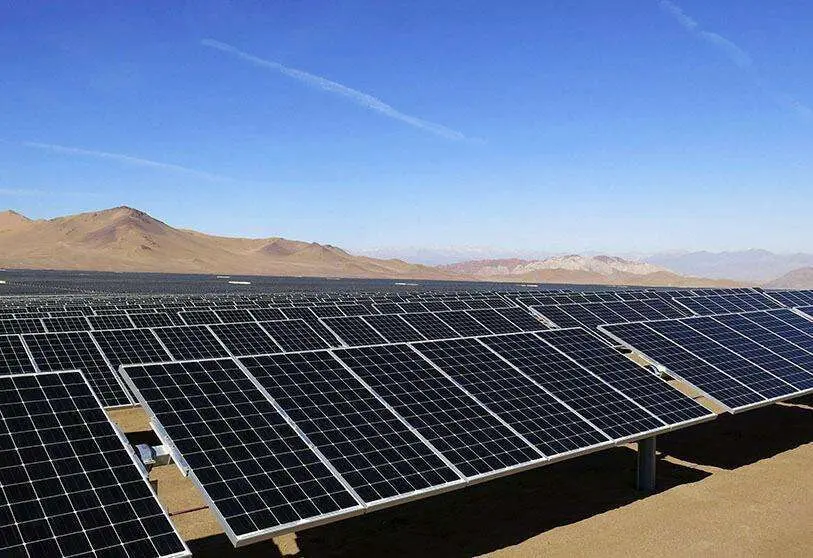Renewables today to sustain the future

Whatever the new normal will be, it will be defined by the decisions taken now. It is therefore essential to take advantage of the rays of hope in the form of initiatives and proposals that the COVID-19 tsunami has left us with. We cannot afford to repeat the same mistakes and return to the same paradigm of an unsustainable economic model; nor return to the old attitude of putting the economy on track at the expense of the planet. Natural disasters and climate change are problems that are affecting the world dramatically. We are aware of the limited resources available, so we are faced with the responsibility to respond appropriately with lasting solutions.
The choice is to create a concept of sustainable living that addresses today's problems with the aim of providing a better future while preserving tradition and heritage. Envision a community that provides its residents with many opportunities to enjoy a high quality of life and strives to preserve and improve its economy, its environment and the health and well-being of its people. In other words, an autonomous and sustainable project for which the preservation of the environment is a priority and where people adopt a productive and healthy lifestyle. This is a major challenge.
The rush to return to "business as usual" must not lead us back to another decade of unprecedented greenhouse gas emissions and the 10 hottest years in human history. The 2010s will be remembered as the decade that led to a potentially catastrophic 3.2 degrees Celsius of global warming.
Global recovery can only be led by a global energy transition that integrates stimulus packages for renewable energy into national budgets around the world, which would facilitate job creation and higher economic growth.
Renewable solutions can add 98 trillion euros to the global economy in the coming years, generating more jobs, higher economic growth, better living conditions and improved welfare in a sustainable, low-carbon climate, which in turn lays the foundation for long-term stable economic development.
In the last decade, the world has invested almost $3 trillion in renewable energy, doubling installed energy capacity. Renewable energy accounts for 25% of power generation and 35% of global energy capacity. The costs of solar and wind power have fallen, making them now often the cheapest sources of new energy capacity.
While the havoc wreaked on global supply chains also impacts the renewable energy industry, as parts, materials and supplies for projects will be shipped from different parts of the world, the Mediterranean region's approach to sustainability and renewable energy must be holistic and drive the necessary changes not only in production and consumption, but also in multi-stakeholder collaborations: in public-private partnerships.
In the Mediterranean region the approach to sustainability and renewable energy must be holistic and drive the necessary changes not only in production and consumption, but also in multi-stakeholder collaborations: in public-private partnerships, in green economic thinking and in green financing options. We realise that everyone must be part of this movement to make the impact that is essential for lasting change.
The empowerment and inclusion of youth and women is vital to promote the adoption of sustainable practices and clean energy sources. The increased contribution of women to building a sustainable future has made the sector more dynamic.
The need for a comprehensive plan to boost renewable energy in a sustainable manner is paramount, as population growth and economic diversification have led to increased energy demand. Renewables, although a relatively recent entrant to the regional energy landscape, have great potential to reduce long-term energy costs; reduce carbon emissions; conserve water scarcity; and create jobs. Without renewables, we cannot build the world anew.
Anwar Zibaoui, General Coordinator at ASCAME

